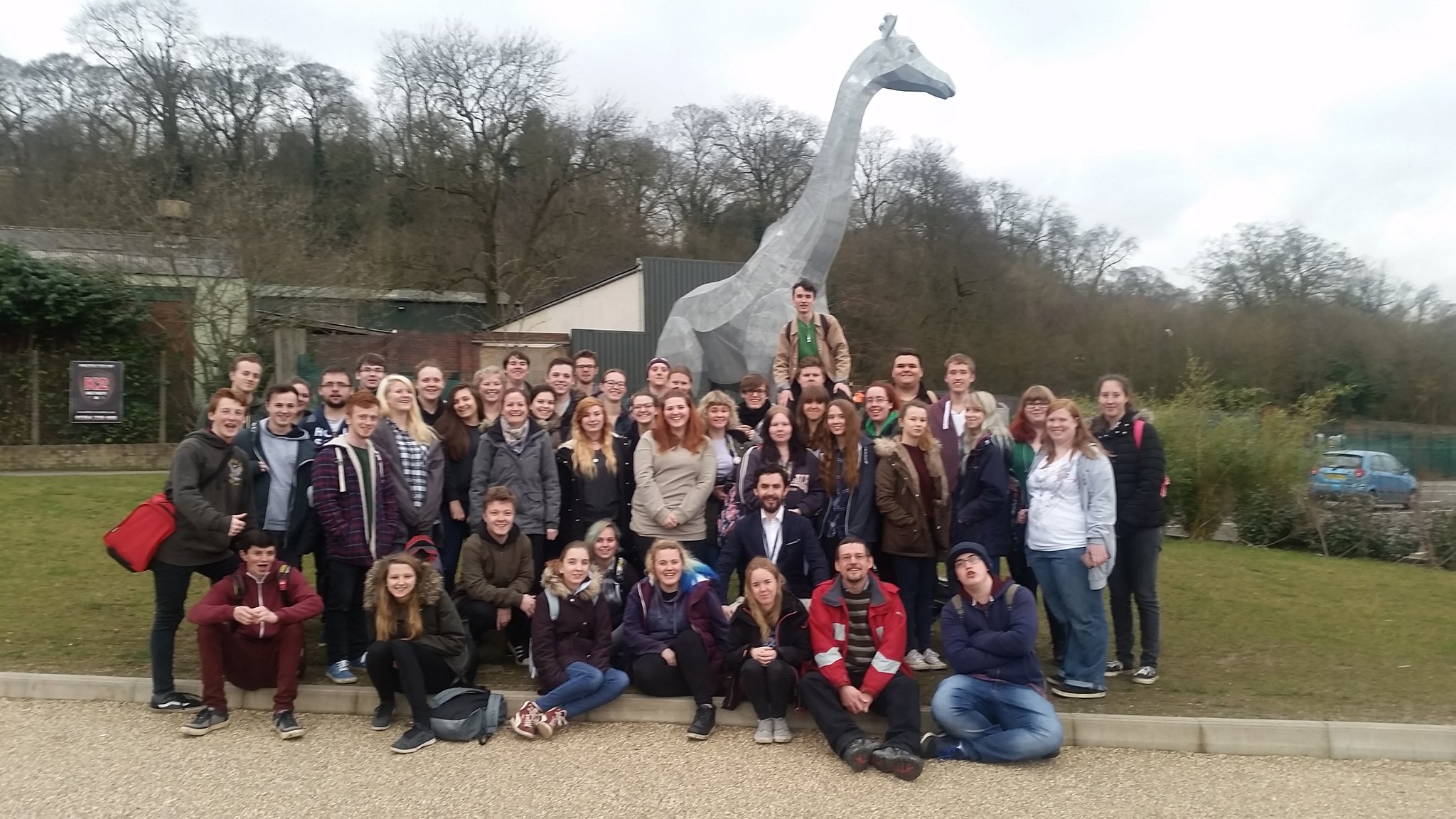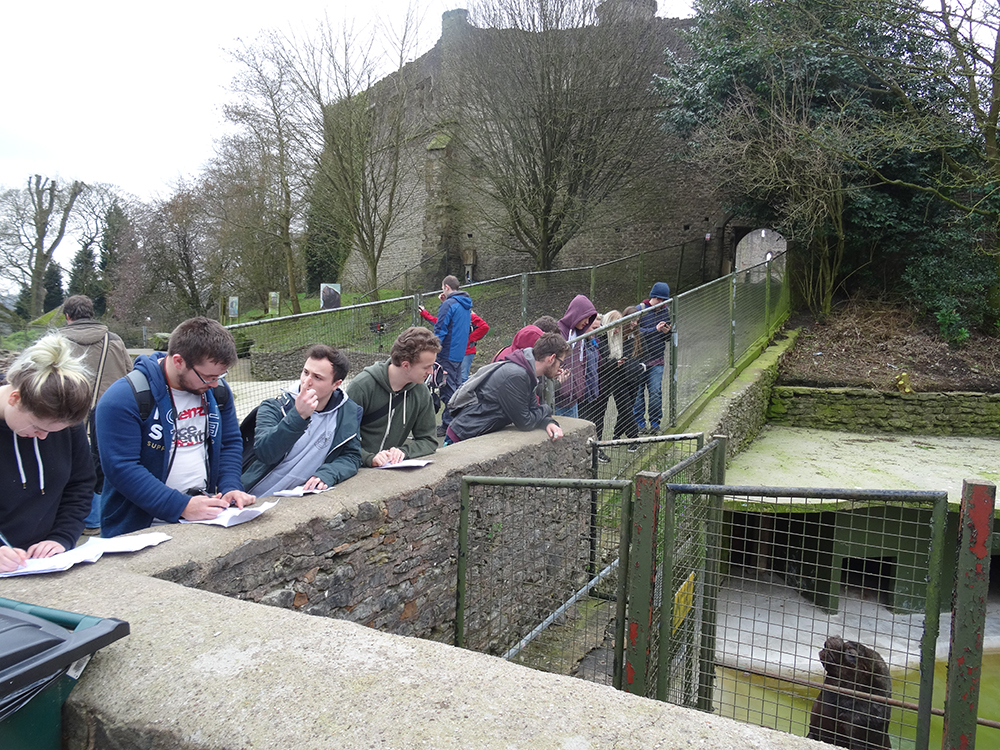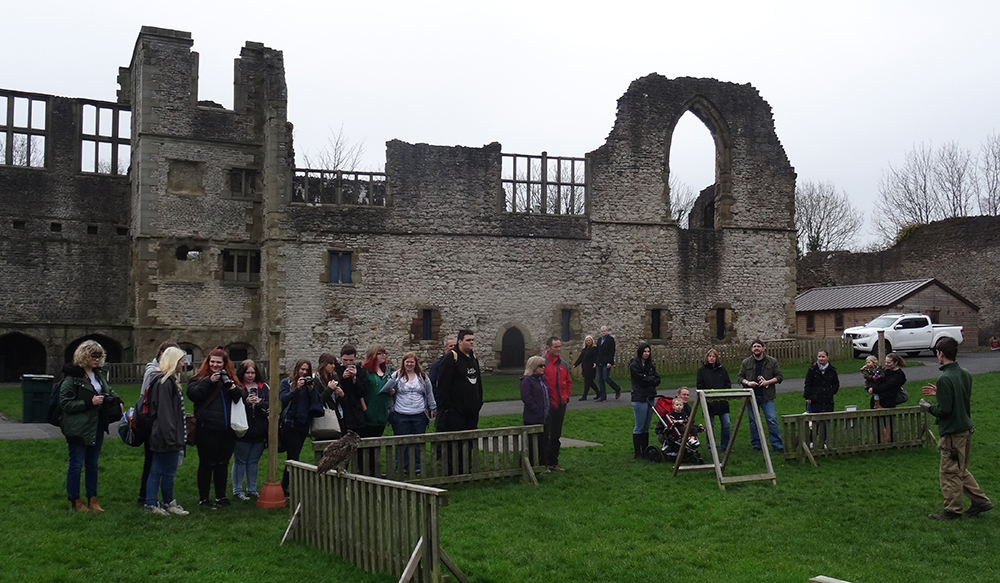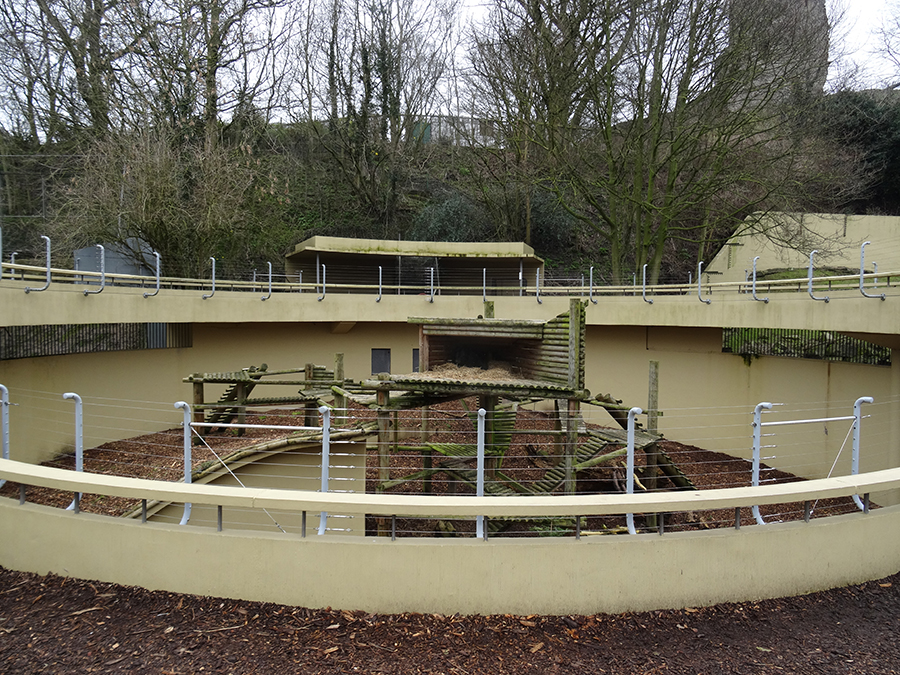
There are many ways to learn and expand knowledge. There is undoubtedly a place for lectures, books, private study and classroom activity. However, a lot of ‘theoretical’ and ‘philosophical’ learning is put into context and enhanced by opportunity to engage ‘in the field’ and undertake experiential learning.
I was delighted to lead students from Sparsholt College, Hampshire on a field trip to Dudley Zoological Gardens so that they could fully appreciate the practicalities of operating a zoo, designing enclosures for diverse species, and working within the constraints and opportunities of a historic site of national importance with Dudley Castle, and the important (and listed) 20th century modernist architecture of Tecton buildings – and on a hill.


Dudley Zoo celebrates its 80th year this year, and has seen many changes in both species and exhibits in this time, which includes the original ‘Tecton‘ buildings for animals such as polar bears and elephants (no longer kept) and their adaptation for other species, as well as the creation of a diversity of other exhibits from chimpanzees to Asiatic lions on the site. Comments and questions from the students in response to seeing and experiencing the site illustrated the value of spending time exploring and discovering, as well having some guided time and developing real understanding of the way in which the zoo has worked to cater for the animals, staff and visitors.
Zoo visits enable students to ask questions, to observe and to develop and challenge opinions. Zoos are varied and there are diverse issues faced. Students understand through their own experiences what challenges there are, and that keepers are working hard for their animals and within constraints of budgets as well as site.
Through the day Dudley Zoo staff were welcoming, friendly and happy to answer questions. It was therefore, great to end the day with opportunity to question the zoo curator and registrar, and hear about some of the history but also the work in progress and development plans.
So a day out may appear to be ‘fun’ and even ‘time off’ but in fact such a visit consolidates and extends learning and understanding, providing context and experience – and is highly recommended!

